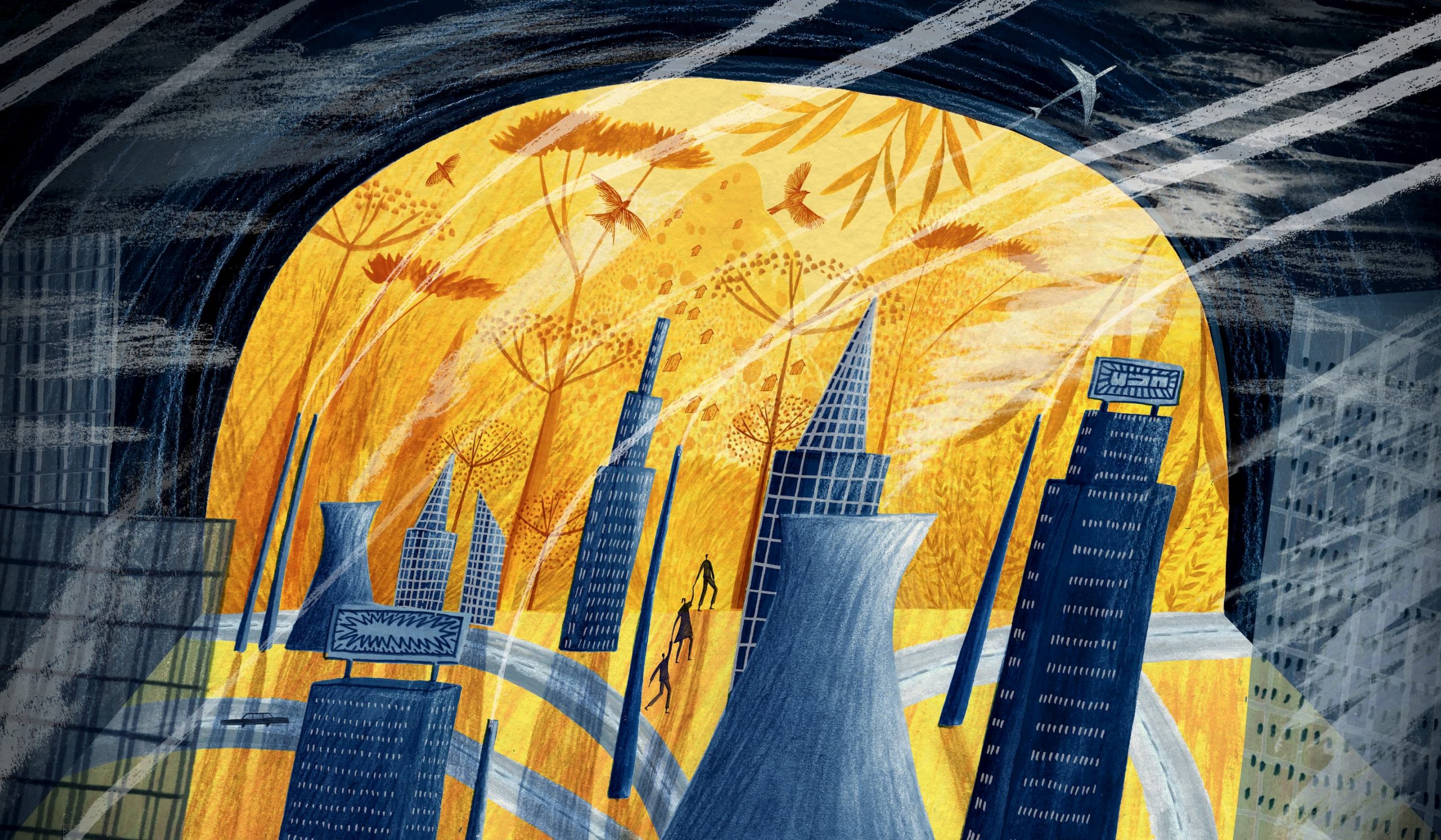
Scenarios of Change: My Years Helping Companies Plan the Future with Strategic Foresight
Who makes the decisions about what our futures look like and how do they do it? Corporate Strategic Foresight Specialist or, as he is sometimes called, Futurist Sanjay Khanna shares the key process by which he does his work, discussing the benefits and the discontents of scenario-making.
Tracing through his experiences with global leaders in industry, Sanjay shares insights as to the incentives and disincentives for them to shape our world by creating either greater stability or greater profits.
“When we discussed their educational backgrounds in a group setting, some participants remarked that not knowing one another’s wider scope of knowledge meant that together the various teams didn’t know the intellectual resources they had as a team of public policy makers. ”
This is not too surprising – public service (at least here in the UK) is often a highly silo-ed place where it is difficult to break out of the vertical specialisms and into a broader space where synergy and serendipity are allowed to flourish.
While these silos may feel stable (“I know who I am, what I am doing and where I fit in”), they are actually quite susceptible to radical change – if, for example, funding changes, public mood shifts or policy takes a new direction.
By breaking out of the silos, not only are people able to bring more of themselves, but create a broader base of support & relevance, which, in the medium term, should feel much more stable.
This approach also allows generalists to shine and ‘What If’ questions (which I think are probably deeply interwoven into strategic foresight) to get the nourishment they need…
@Neil, I appreciate your closely observed reflections on organizational practice and understandable concerns about the implications of overly siloed cultures within the public service.
Your last paragraph resonates strongly: I, too, have seen generalists shine and feel nourished as silos break down and strategic conversation opens up. And you surmise correctly that “What if” questions are “deeply interwoven into strategic foresight.”